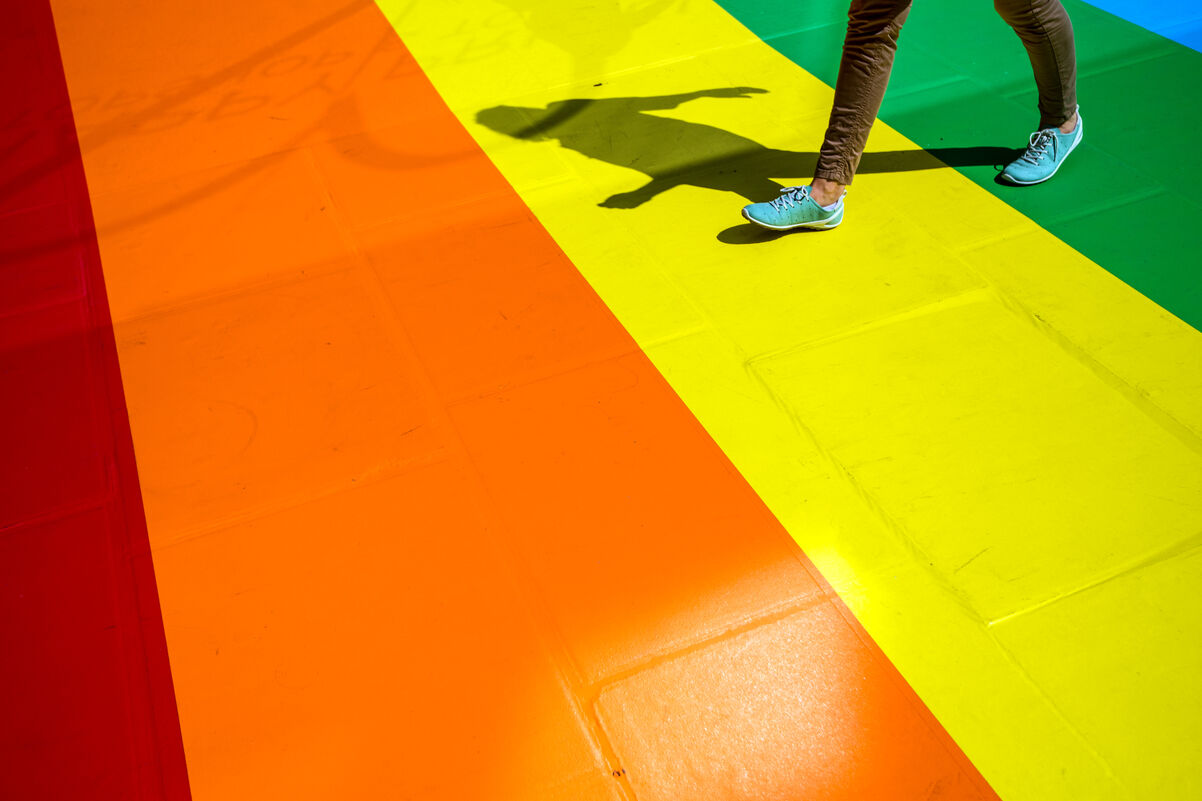A new study published in the Journal of Homosexuality shows that the average American thinks there are six times the number of queer and transgender people than there actually are. That misapprehension has a surprising impact on the likelihood an individual supports LGBTQ rights, researchers found.
A 2013 survey from the Public Religion Research Institute found that Americans believe LGBTQ people make up nearly a quarter of the population.
That’s much larger than the reality. Although sex researcher Alfred Kinsey famously claimed that 1 in 10 people are LGBTQ, the Centers for Disease Control estimated in 2014 that 3.5 percent of Americans identify as such. Surveys on the subject vary, however. A Gallup survey from 2016 tabulated that there are 10 million queer and trans people in the United States, which accounts for 4.1 percent of the population.
University of Kansas researchers pointed out that when it comes to the LGBTQ community, Americans have always been bad at guesswork. In a 1977 poll conducted by Gallup, respondents estimated that 10-19 percent of the population either was queer or trans.
Donald Haider-Markel and Mark Joslyn, both faculty in the college’s political science department, find a noteworthy correlation between those who are likely to overestimate the size of the LGBTQ community and their support for equality. Those who inflate the number of queer and trans people show “less support for gay civil rights in the current era,” Haider-Markel and Joslyn write.
This likely results from what the researchers call a “threat perspective.”
“The pattern suggests that we don’t automatically feel threatened by a minority group, but if we perceive the minority group to be large, we respond in ways that would tend to restrict or push down the minority group,” says Haider-Markel, who serves as chair of the Department of Political Science.
But their findings showed that Democrats and Republicans were equally likely to incorrectly guess the number of LGBTQ Americans.
Although researchers note that groups like Gallup and the Pew Research Center have been providing accurate estimates of the LGBTQ population in the U.S. for decades, they suggest that more work is necessary to give average Americans accurate information about this group. They suggest that doing so could be crucial to the future of queer and trans rights.
“Those who advocate for policy that protects minorities should educate the public about the size of the population under consideration,” Haider-Markel says.
Don't forget to share:
Help make sure LGBTQ+ stories are being told...
We can't rely on mainstream media to tell our stories. That's why we don't lock our articles behind a paywall. Will you support our mission with a contribution today?
Cancel anytime · Proudly LGBTQ+ owned and operated
Read More in Impact
The Latest on INTO
Subscribe to get a twice-weekly dose of queer news, updates, and insights from the INTO team.
in Your Inbox













